During a recent television debate on the assorted promises made by the BJP during poll campaigns, AAP leader Kumar Vishwas offered a brutal argument. In the 80s, the poet-politician argued, that the BJP said: “Kasam Ram ki khaate hain, Mandir wahin banayenge (We swear over Lord Rama to build the temple there — at the disputed site in Ayodhya).” Notice their hypocrisy, Vishwas quipped, nobody took the vow in their father’s name to construct the temple. “Rama is immortal but our parents are not. Since, the BJP guys were afraid of the terrible consequences of making a false promise, they did not risk the lives of their parents,” Vishwas argued.
In many Indian homes, a receipt from kar sevaks for donations for Ram Shilas (bricks) for a temple in Ayodhya would still be lying in some corner. Nobody knows where all that money collected door-to-door for the temple, in the late 80s, disappeared. But, we all know what happened to the kasam (vow) of building the temple wahin (there). A similar fate awaits BJP’s latest promise to voters of Assam. That of driving out illegal immigrants from the state and sealing the border. Now that the BJP has won the election in Assam, primarily by turning illegal immigration into a poll issue, in all likelihood it would put it in the cold storage for the next election. Perhaps like the temple, like Article 370 and the jumla (rhetoric) of bringing back black money.
While taking oath of office on Tuesday, Assam Chief Minister Sarbananda Sonowal promised a Bangladeshi-mukt Assam. He said driving out illegal immigrants would be among his top priorities. To perspicacious listeners, Sonowal’s words had a familiar echo. During the Lok Sabha campaign, Prime Minister Narendra Modi had announced that Bangladeshis would be deported the day he wins the election. In two years since May 16, 2014, not a single immigrant has been deported.
There are many practical problems with the BJP’s latest jumla of Bangladeshi-mukt Assam. One, in a state with almost 35 percent minorities, most of them of migrant origin, it is impossible to carry out a purge on such a mass scale. It will immediately lead to huge law and order problems. It is primarily because of the fear of massive unrest that the previous governments, including those headed by the Asom Gana Parishad, did not seriously implement its poll rhetoric of restoring Assam’s original demographic balance.
The AGP, incidentally, was an offshoot of the All Assam Students’ Union that had carried out a massive stir in the state on the issue of illegal immigration. But, even after winning three successive elections on the anti-foreigner plank, the AGP did nothing about the issue that gave the party its identity.
According to the Assam Accord, immigrants who entered India after 25 March, 1971 are not be given citizenship rights. But, so far there has been no consensus on who are the original Assamese people. Influx of outsiders began in Assam way back in the late 19th century. It was initially encouraged by the British with the purpose of diluting the ethnic identity of the Assamese people. Later, famine, shortage of food, water and employment opportunities forced many Bengali-speaking people to settle into the state. Another round of immigration took place before the 1971 war that lead to the creation of Bangladesh. The government is in the process of updating its National Register of Citizens to identify bona-fide residents of Assam (those included in the 1951 Census or with valid documents issued till March 24, 1971). Since the process is stuck because of several logistical problems there is no clarity on what percentage of population is of illegal immigrants.
Even if India somehow manages to identify illegal immigrants, what will it do next? Put them behind bars? Hole them up in transit camps? These would be the only viable options because Bangladesh is unlikely to open its borders and embrace lakhs of people India is threatening to deport. And, given the current nature of India-Bangladesh ties, the Indian government is unlikely to risk the wrath of the neighbour by unilaterally dumping people in its backyard.
Interestingly, though Assamese voters were polarised on the issue of illegal immigration, they are unlikely to press too much for deportation of the purported outsiders. In the various industries of Assam, its numerous tea gardens, most of the labourers are of migrant origin. They work long hours, get low wages — a tea garden labourer gets Rs 125 for putting in 8 hours — and are easily available. Replacing them would be bad economics for the Marwaris and Bengalis who control the state’s economy.
At the moment, the BJP is not complaining. It has stormed to power on the wings of endemic xenophobia among Assamese voters. As several post-poll surveys have pointed out, the BJP won the election because of a historic swing of Hindu votes in its favour. All of them would be watching the BJP closely for its promised cleansing of the state. But, with elections in Uttar Pradesh on the anvil, it could soon be a season of a different brand of vows — in Rama’s name.


)




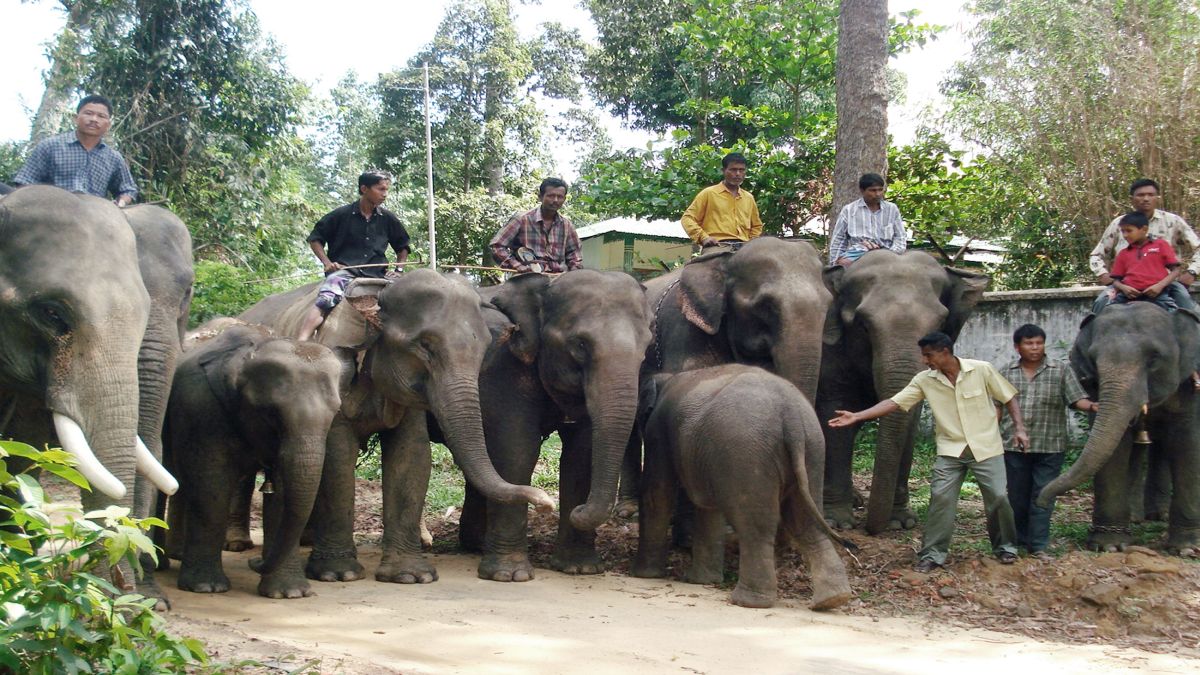)
)
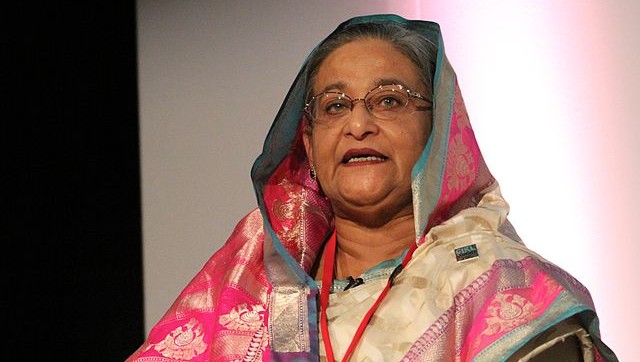)
)
)
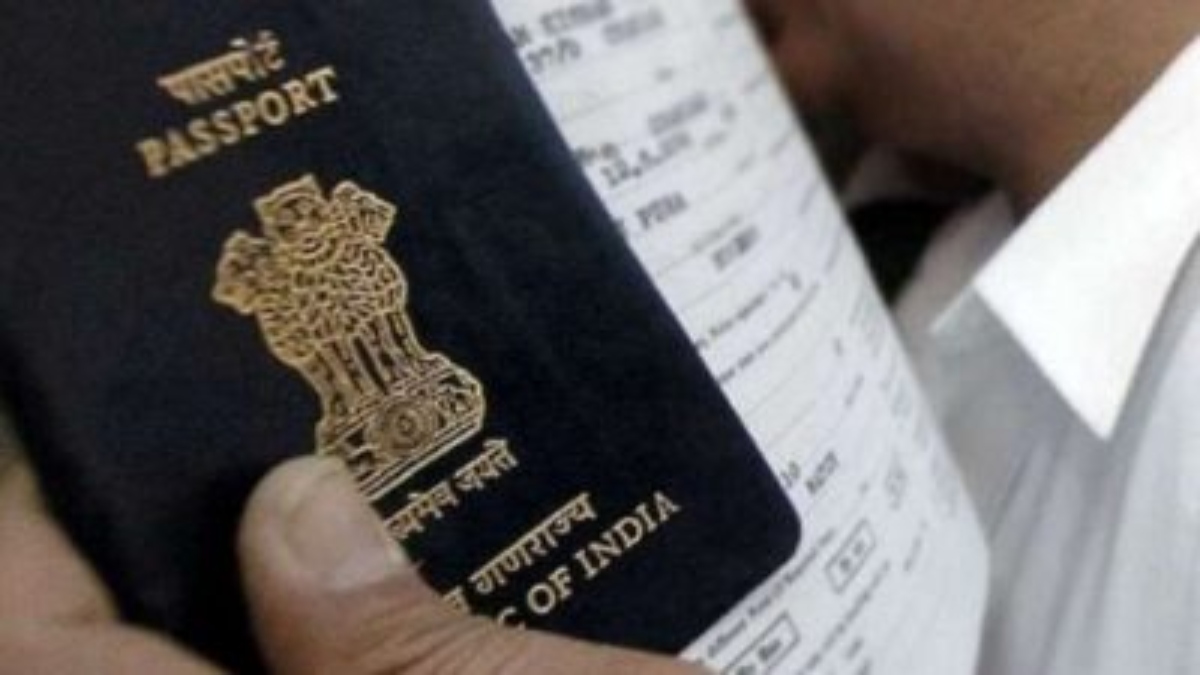)
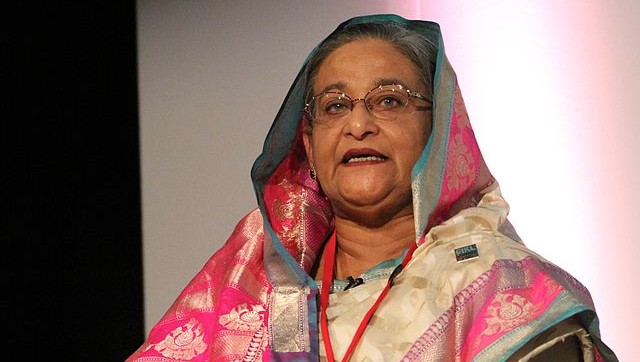)
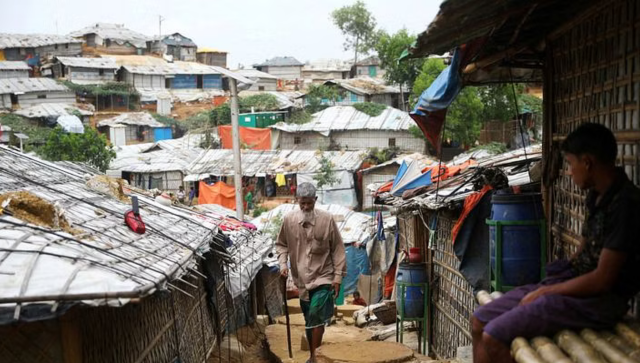)